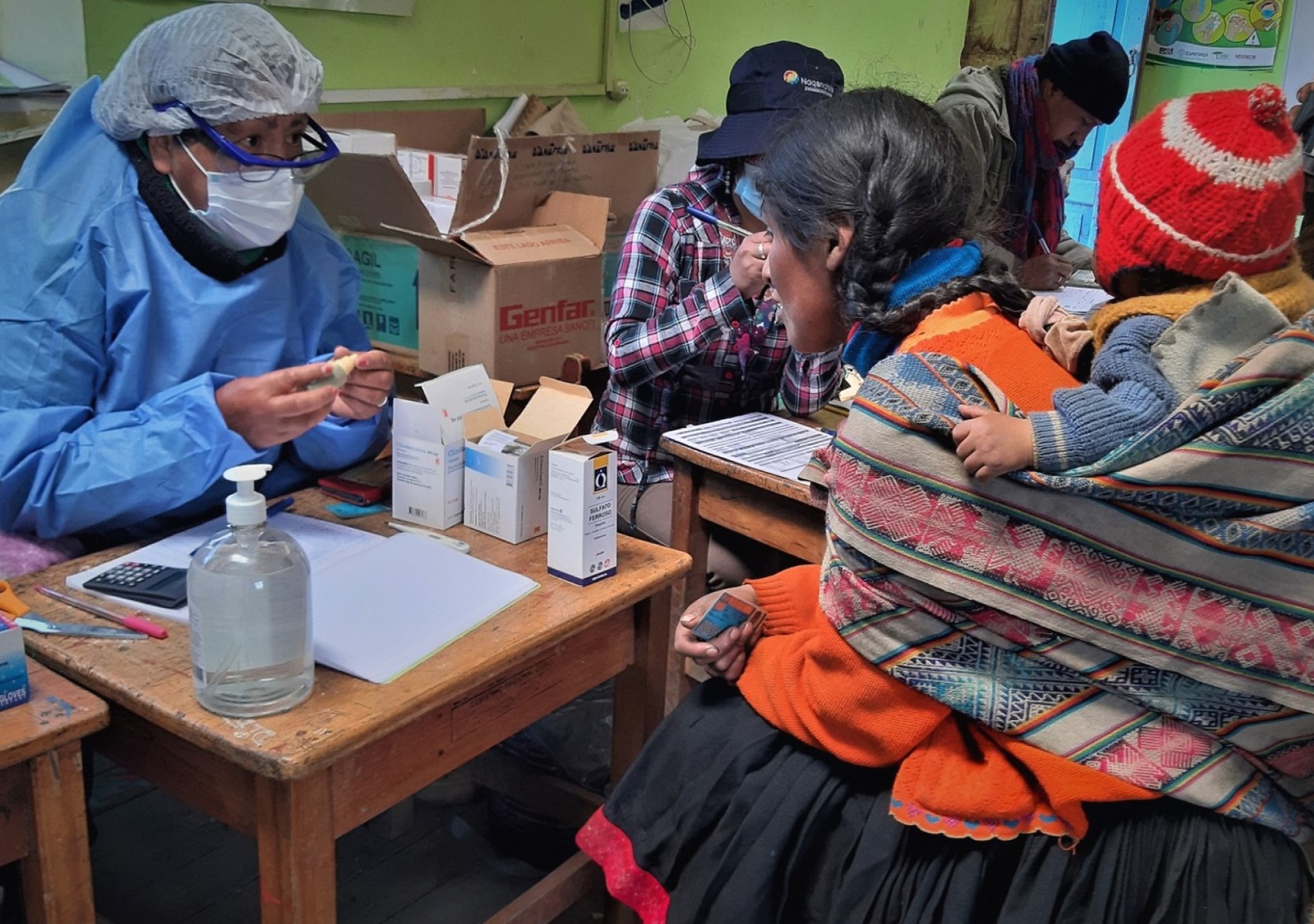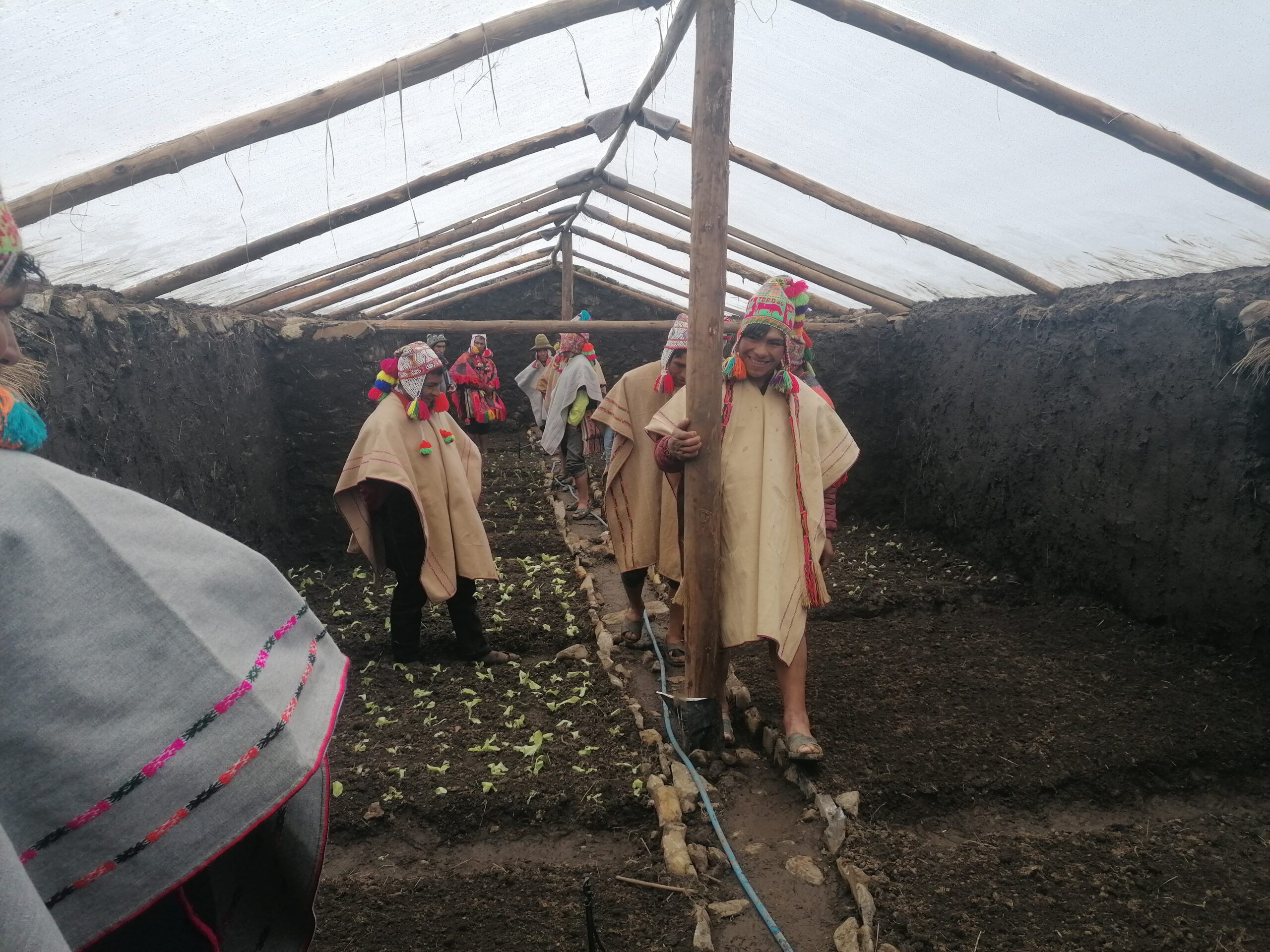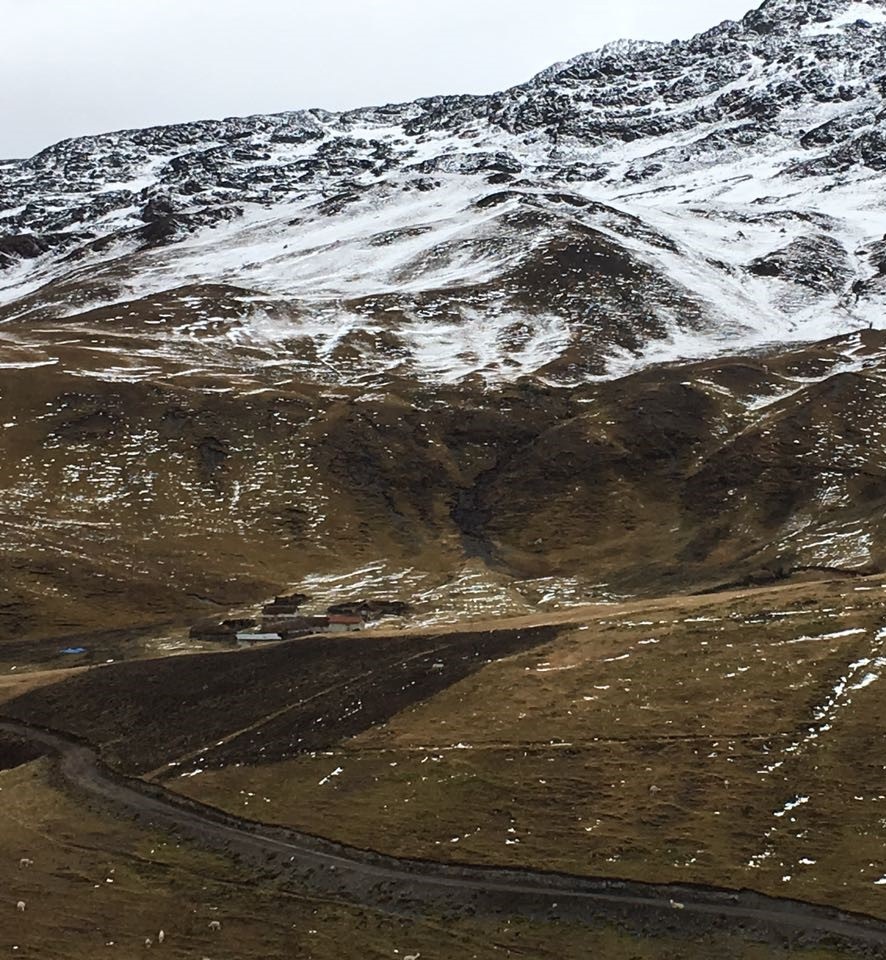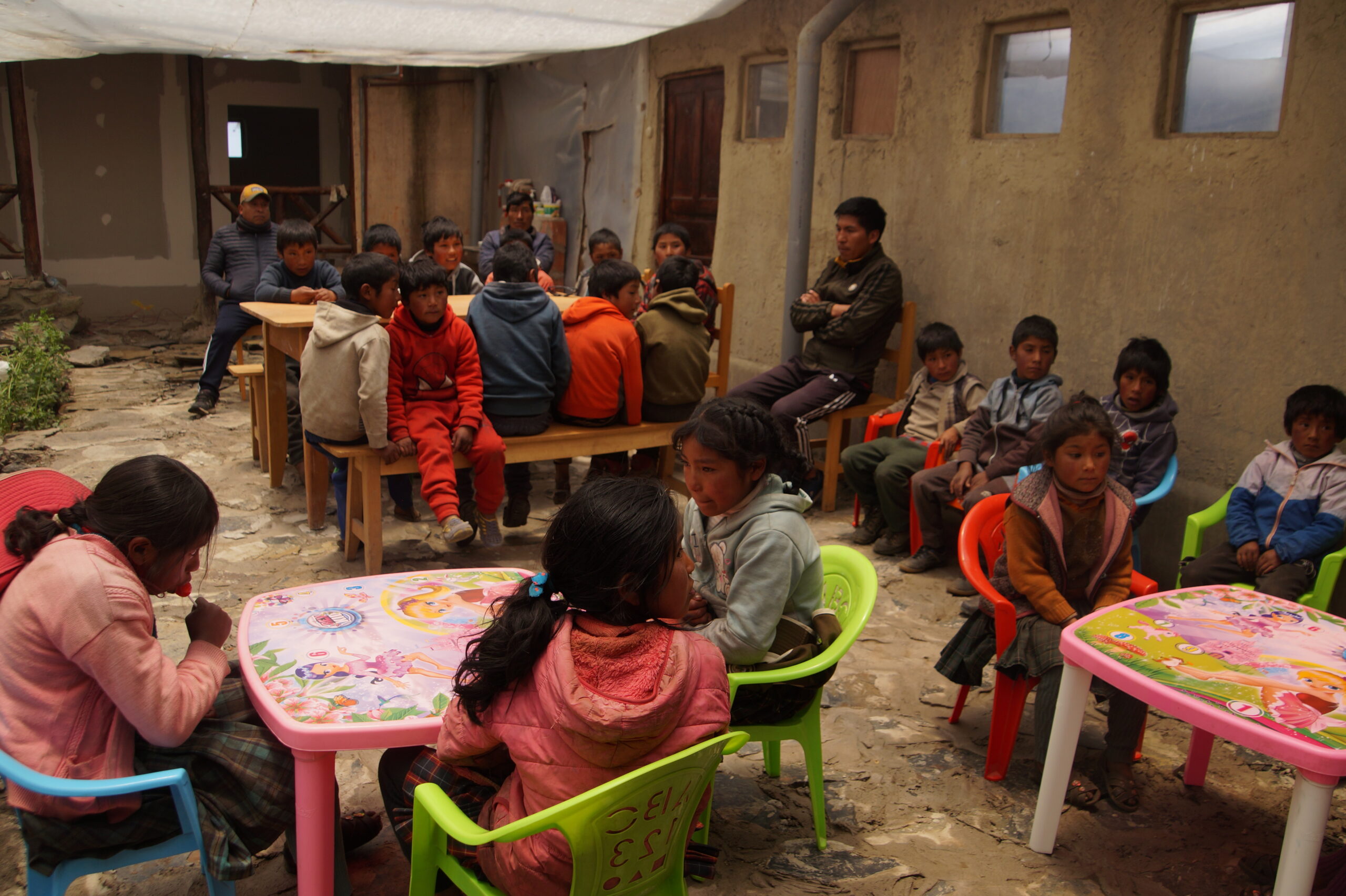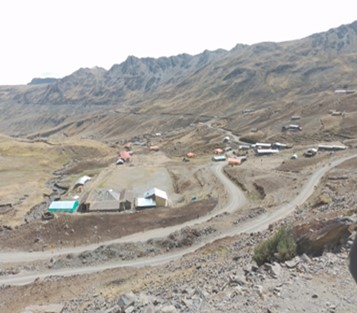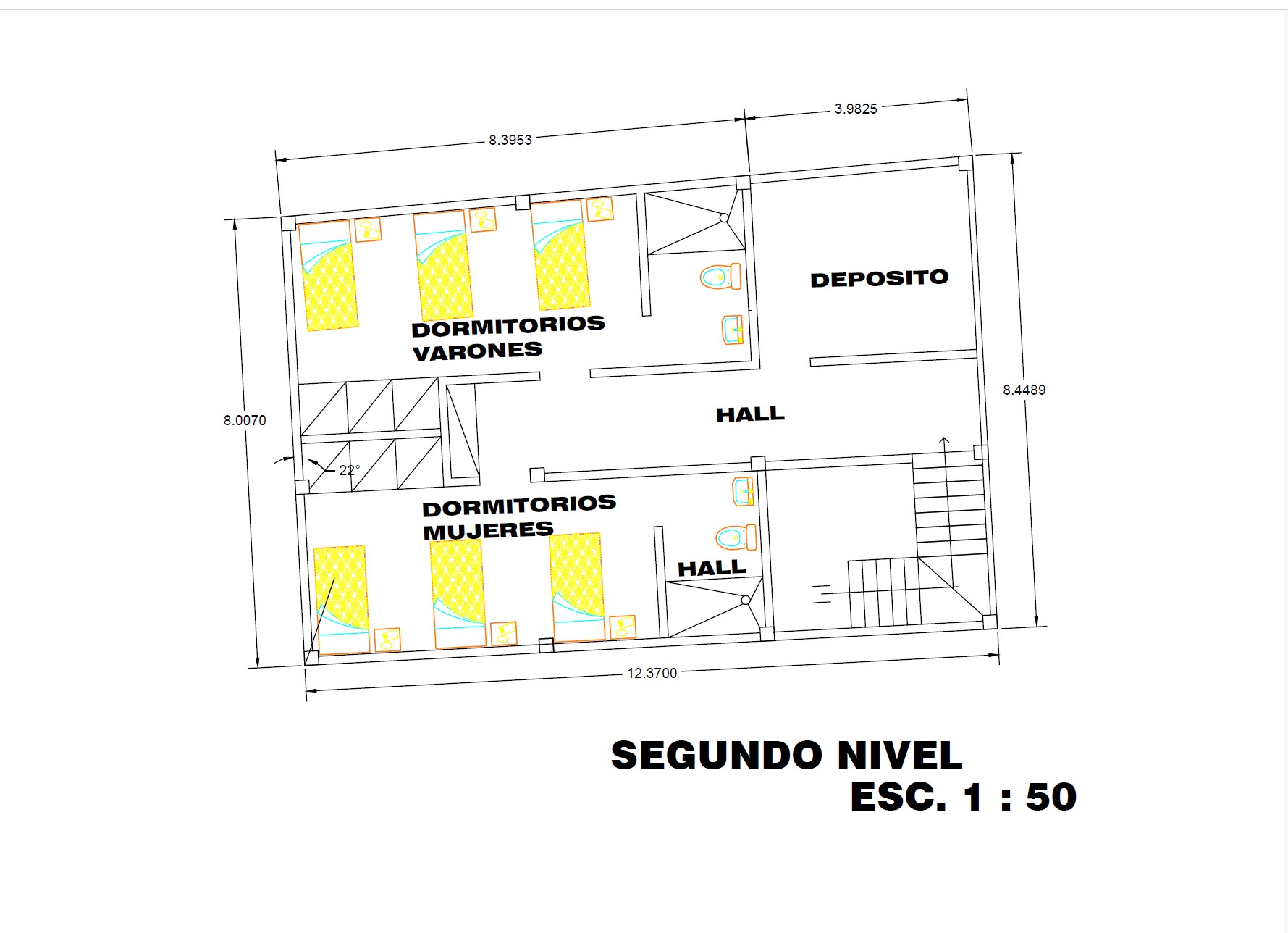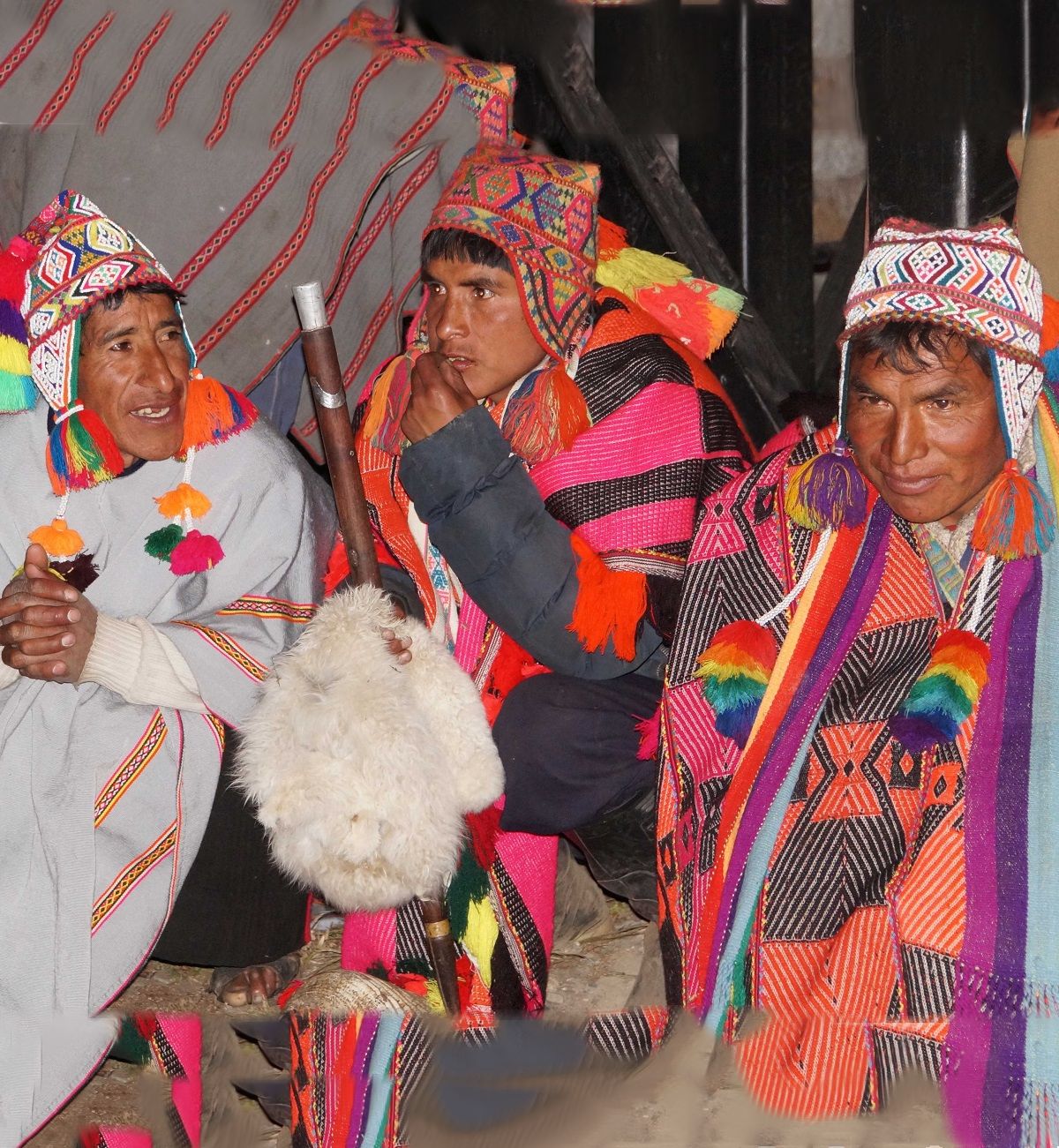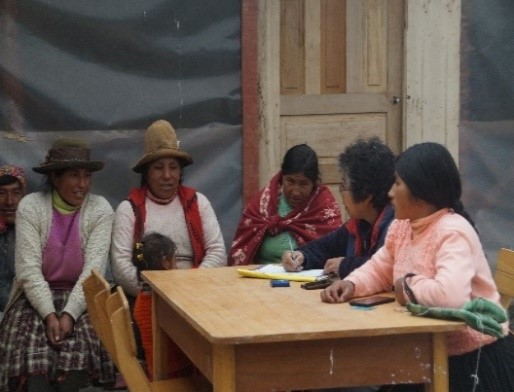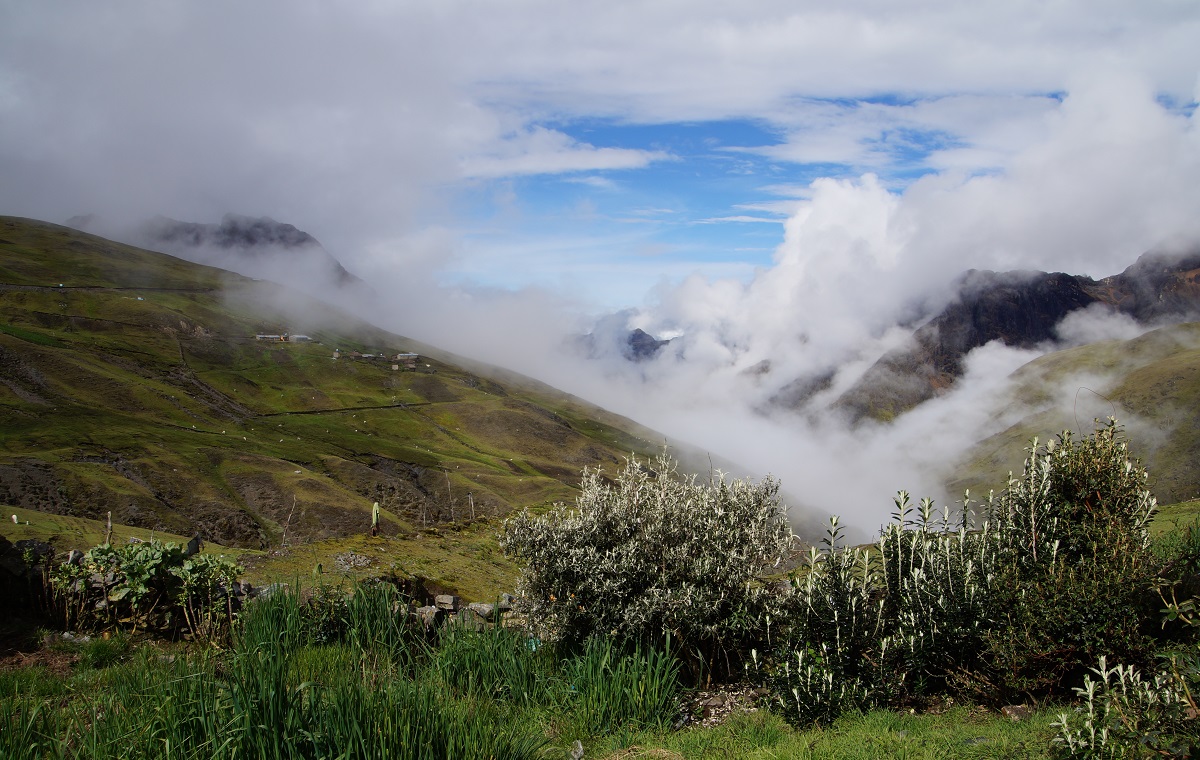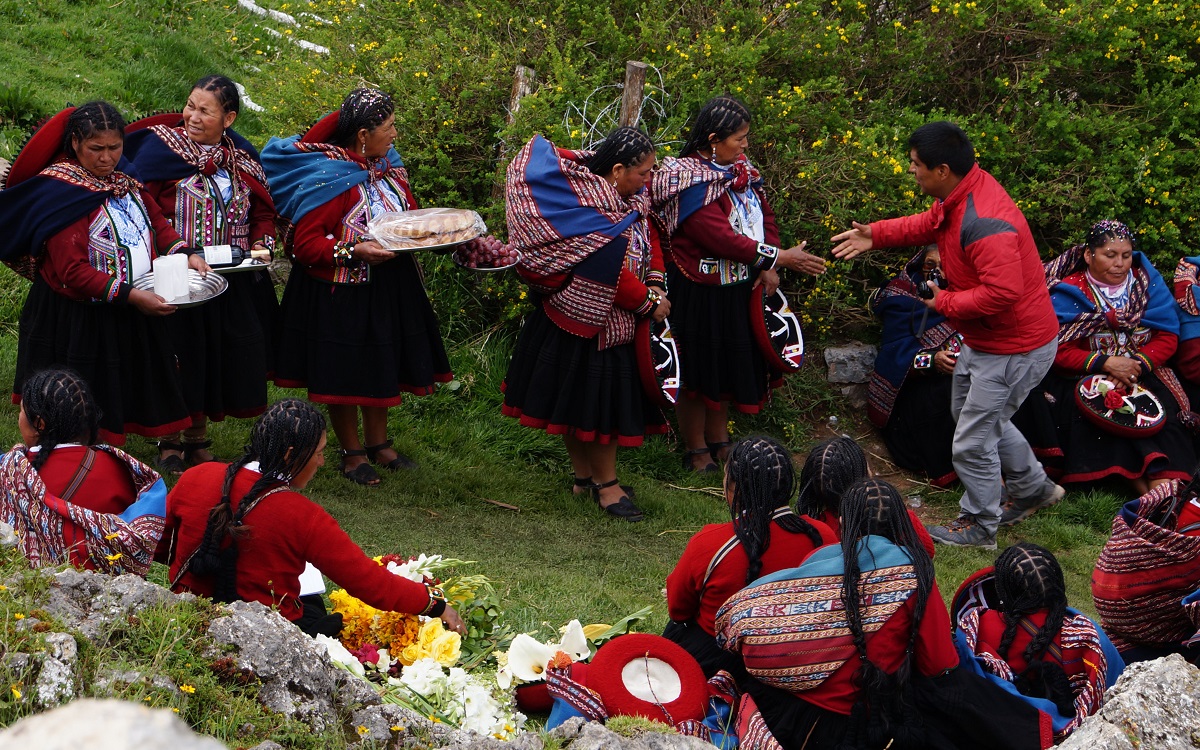The Qero people, with around 4,000 inhabitants, who are considered the last remnants of the Inca civilization, do not yet have a situation diagnosis that clearly shows the frequency of anemia and malnutrition in children and mothers. In 2021, a study was carried out in the Chua-Chua area thanks to a project carried out with the support of GIZ-Peru Amazónico e.V., led by Yenny Ramerth. This study served as the basis for building bridges with the University of Dresden and M.Sc. Lissy Jilek, who was responsible for data processing in Chua-Chua and who will continue this new research for the other six locations.
Projects
Projects in the field of health and medicine
Oral Health and Dental Care Program.
The project aims to conduct three regular campaigns (in 2022) on the need for maintaining oral health and outpatient care for children in the communities of the Qero Nation, particularly in Hatun Qero and Qiqo communities. The activity is carried out through strategic alliances with private medical practices in the city of Cusco, in collaboration with the Paucartambo Health Center.
Construction of a greenhouse for the cultivation of vegetables and herbs for a healthy and vitamin-rich diet as well as the production of compost
The main goal of this project proposal is to build a greenhouse that uses only solar energy without resorting to other energy sources for heating or lighting, for example. Various types of vegetables are grown in this greenhouse in a sustainable and environmentally friendly manner.
Projects in the field of environmental protection.
Fight against malnutrition and anemia in children and mothers in High Andean Zones
Strengthening of the Paucartambo Health Network through the implementation of a participatory community monitoring system integrating communication technologies in the training of local promoters to combat anemia and malnutrition.
Oral Health and Dental Care Program.
The project aims to conduct three regular campaigns (in 2022) on the need for maintaining oral health and outpatient care for children in the communities of the Qero Nation, particularly in Hatun Qero and Qiqo communities. The activity is carried out through strategic alliances with private medical practices in the city of Cusco, in collaboration with the Paucartambo Health Center.
Rescue and preservation of High Andean wetlands
High Andean wetlands play an important role in storing and regulating water flowing downstream, provide pasture for domestic livestock, provide plant fiber, food and fuel to local communities, sequester a large percentage of carbon, and represent an invaluable cultural heritage. Despite their great value, human activities over the centuries, along with mining and climate change, affect the balance of life in these ecosystems and the communities that depend on them for their livelihoods.
Projects in the area of capacity development and education
The House of the Girls Qero Nation.
The target group are girls and young women up to the age of 17, whose labor force participation is around 95%. They work in agriculture and livestock farming for small-scale trade, subsistence and self-consumption, their work is unpaid and their living conditions are completely dependent. Girls under the age of 14 are very often responsible for looking after their younger siblings. As a result, almost 90% of girls only reach the third year of primary school. Currently 97% do not have the opportunity to learn to read and write. A circumstance that excludes them from the general economic and labor market. Additionally, the number of teenage pregnancies is high, with an average age of 15 years. Being married with a child severely limits their chances of accessing secondary education.
Construction of a center for the selection, cleaning and storage of alpaca wool to improve the economic situation of the breeding families in the municipality of Chua Chua
This project represents the second phase of our intervention that began this year 2023 with the project “Empowerment of women of the indigenous community “Q’ero Nation” through training as classifiers of alpaca wool”, also funded by the Schmitz Foundations . Initially there were 20 women who were trained to classify alpaca fibers, after the end of the project there will be 50 trained women from different communities.
Educational opportunities for women through the establishment of an educational center for the collection, sale and shipping of alpaca wool: Subproject 2 Construction of the shell in Lucre/Cusco.
The project is the second part of an overall measure that aims to set up an educational center for the collection, sale and shipping of alpaca wool in the municipality of Lucre. Subproject 2 includes the shell of the education center and impacts the families of alpaca breeders in all 5 communities of the Qero nation (approx. 3,000 people). The shell construction measures in accordance with the Peruvian building specifications take protection against earthquakes into account and include the excavation of earth, the foundation, the supporting structure and the roof, but no masonry.
The importance of democracy, governance and citizenship in the traditional conception of indigenous communities in southern Peru
The concept of democracy in the western world has not managed to overcome the marginalization, exclusion and ignorance of the processes that indigenous peoples have mastered in their societies, but rather has strengthened the privileges of other sectors, creating a huge gap between two worlds that coexist in the same field.
Granting legal personality to organizations of alpaca wool producers
Discrimination against women continues from generation to generation.
In order to improve the economic situation of alpaca breeders and at the same time to improve the position of women in society, 20 women were trained as classifiers as part of a project in 2022. By classifying an alpaca’s wool, a higher selling price can be achieved for the higher quality part, while the lower quality part is used for your own use.
Despite the qualifications they have achieved, the classifiers are not accepted by the intermediaries. The reason for this is that the women act as individuals and cannot operate as a registered organization.
Construction of a greenhouse for the cultivation of vegetables and herbs for a healthy and vitamin-rich diet as well as the production of compost
The main goal of this project proposal is to build a greenhouse that uses only solar energy without resorting to other energy sources for heating or lighting, for example. Various types of vegetables are grown in this greenhouse in a sustainable and environmentally friendly manner.
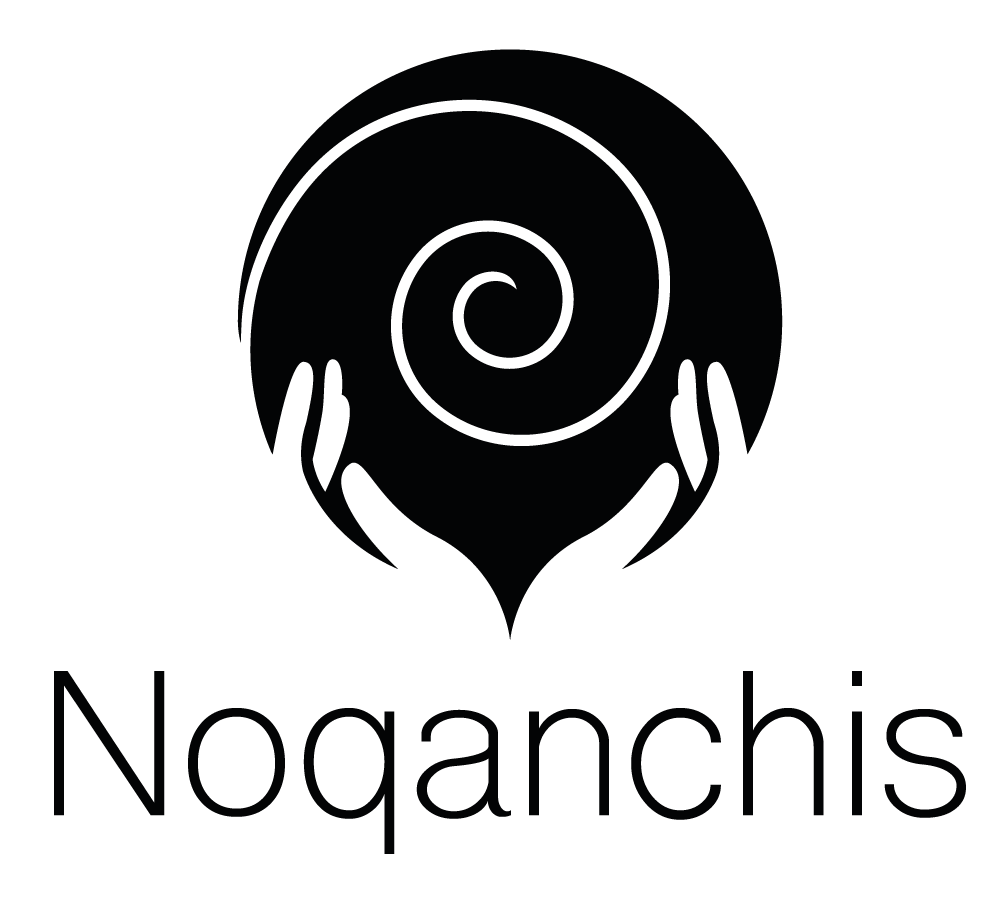
Become a volunteer or develop your research or thesis topic. You can work in the jungle or highlands of Peru.
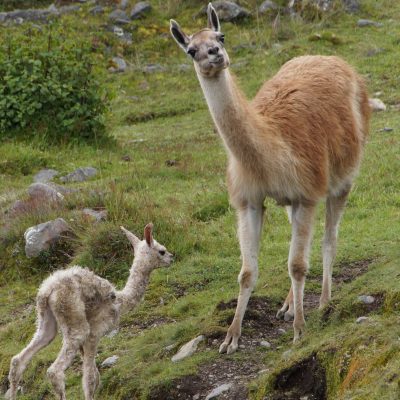
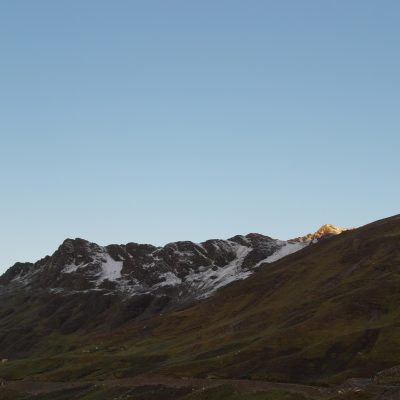
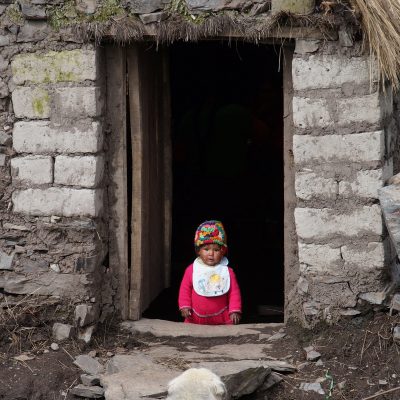
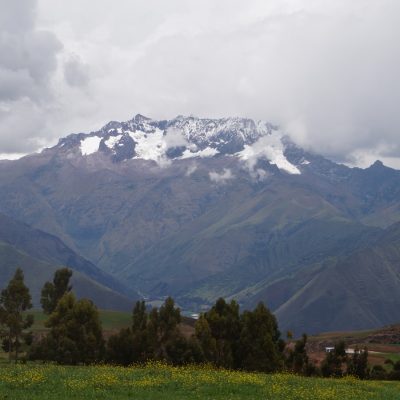
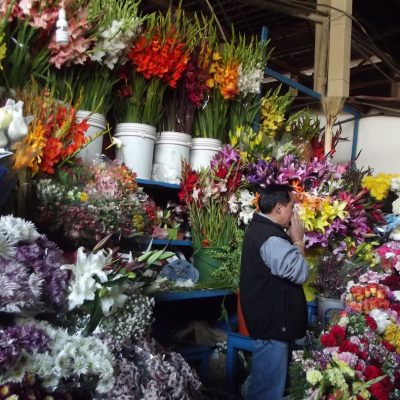
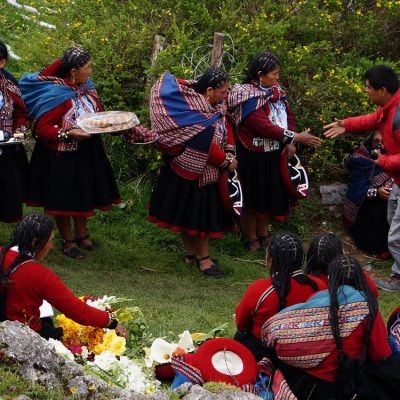
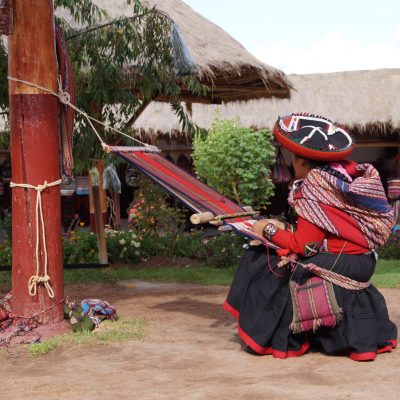
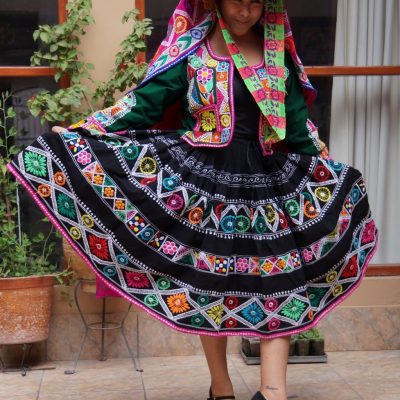
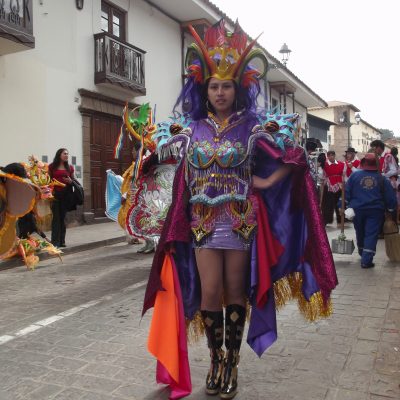
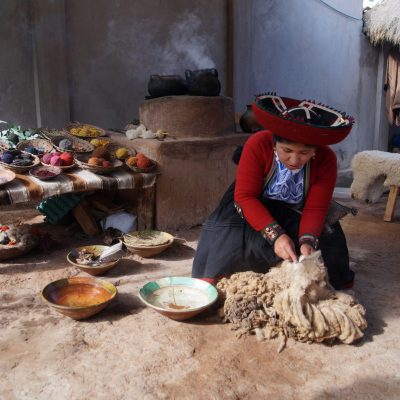
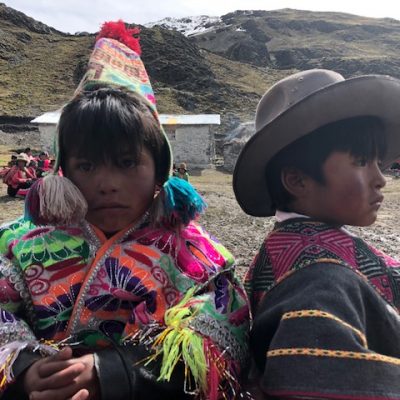
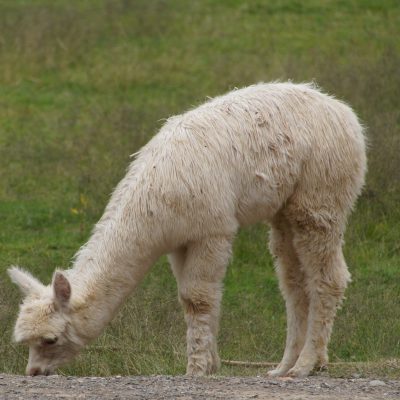
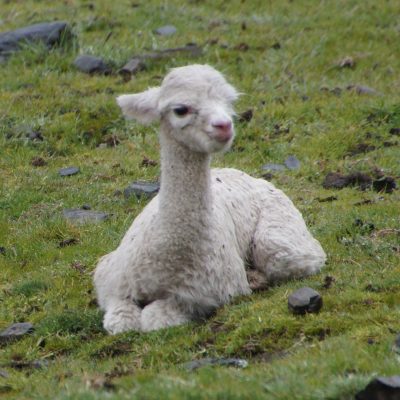
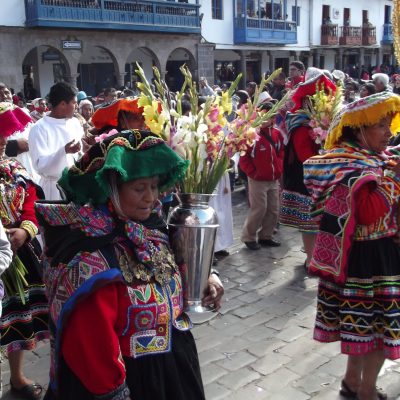
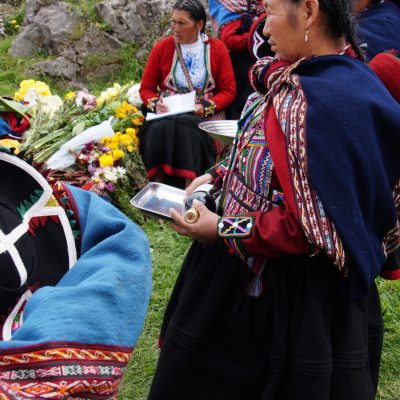
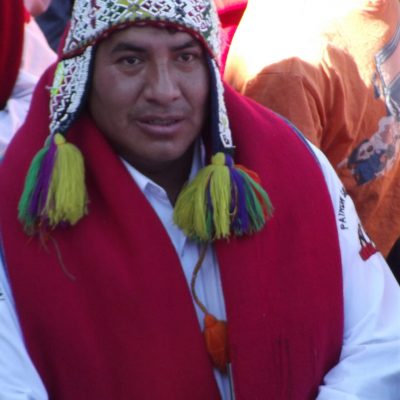
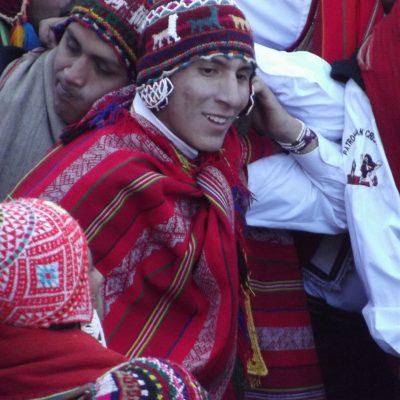
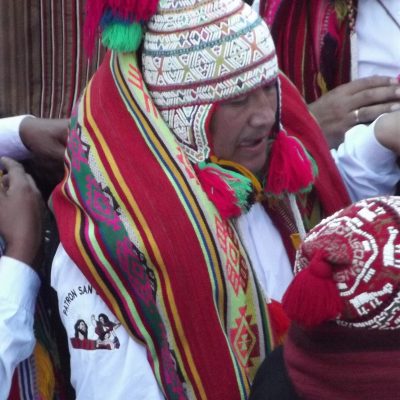
Contact
- Wampenhof 1,
- 92727 Waldthurn,
- Bayern, Deutschland .
- (+49) 152 - 3376 - 7517
- info@noqanchis-zombination.org
- Legal notice
